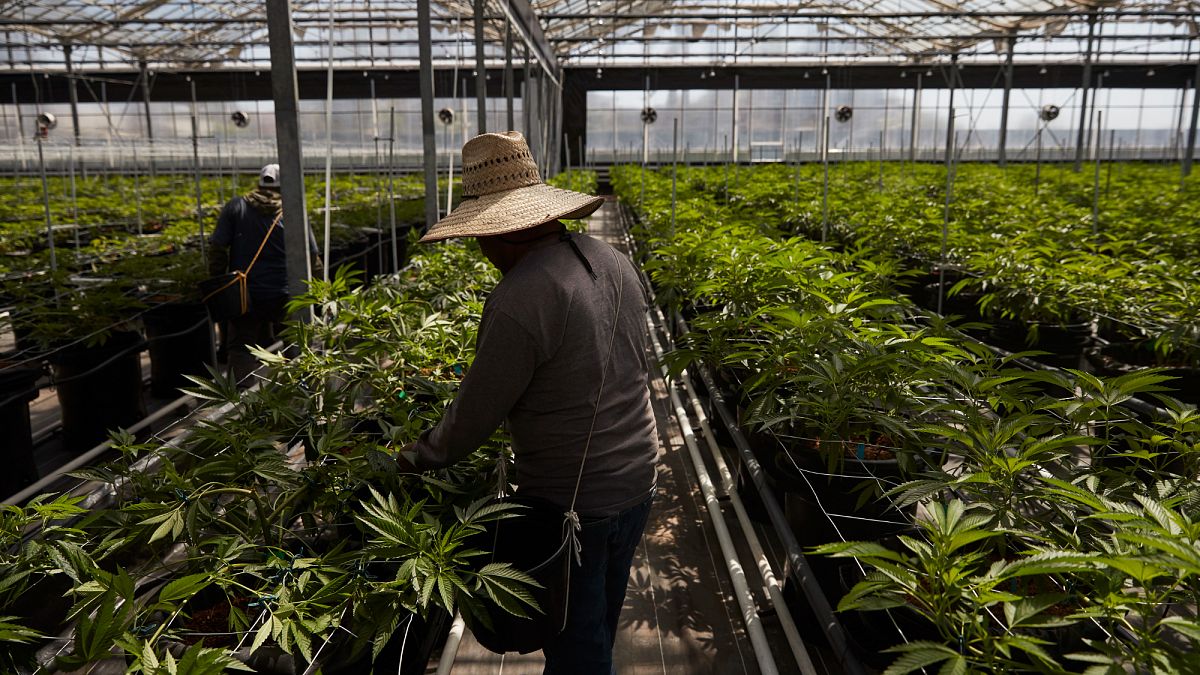

In a world characterized by rapid change and constant evolution, significant developments continue to unfold across various sectors and regions. These stories provide a glimpse into the global landscape, where economic shifts, legislative initiatives, social challenges, and legal proceedings intersect, painting a complex yet hopeful picture of our collective journey.
Tensions were recently ignited in Southern California, where federal immigration agents conducted operations at two state-licensed cannabis farms. The raids, aimed at enforcing immigration laws, led to protests fueled by concerns over the treatment of workers and the impact on local communities. The unfolding scene saw peaceful demonstrators expressing their desire for greater compassion in enforcement measures. As authorities navigated this challenging scenario, a mindful dialogue around the issue continues to emphasize the need for balance between regulation and dignity for all involved.
Meanwhile, across the globe in China, the automotive industry witnesses a shift as Volkswagen and its Chinese partner, SAIC, announced the closure of their longstanding production facility in Nanjing. After serving for 17 years, the plant’s shutdown is part of Volkswagen’s broader strategy to adapt to evolving market demands and focus resources on the transition toward electric mobility. This development marks a significant step in the company’s ongoing efforts to align with sustainable practices, highlighting a global trend towards environmentally conscious production and innovation. By seizing opportunities to embrace eco-friendly technologies, Volkswagen aims to respond positively to the shifting landscape of global consumer preferences.
In the United Kingdom, legislative actions to combat digital misinformation are under scrutiny. As the Online Safety Act comes into effect, concerns have been raised about its effectiveness in preventing incidents similar to past unrests, like the Southport riots. Members of Parliament, echoing the voices of their constituencies, have voiced apprehensions that the new legal framework may not fully address the complexities of modern digital misinformation. The act’s implementation represents an important step forward, signaling a commitment to protecting citizens from online harm. Yet, experts advocate for continued refinement and vigilance to ensure robust defenses against the evolving challenges of the digital age.
In another part of the world, legal proceedings have surfaced in Georgia, U.S.A., where a prominent Republican, Brant Frost IV, faces accusations related to a $140 million Ponzi scheme. According to allegations by the U.S. Securities and Exchange Commission, Frost’s firm, First Liberty Building and Loan, misled investors by falsely claiming to invest in high-interest loans for small businesses. The case underscores the enduring importance of regulatory oversight in protecting the integrity of financial markets and safeguarding the interests of investors. As legal processes unfold, there is hope for justice and increased transparency in financial management practices.
These events, though distinct in their specifics, collectively reflect broader global themes of change, adaptation, and the pursuit of justice. As nations, industries, and communities respond to the myriad challenges they face, the emphasis remains on fostering progress and sustaining hope for a future that integrates innovation, equity, and compassion. Each development serves as a reminder of the intricate tapestry of global affairs, where every thread contributes to the rich narrative of our shared humanity.
Source: {link}
